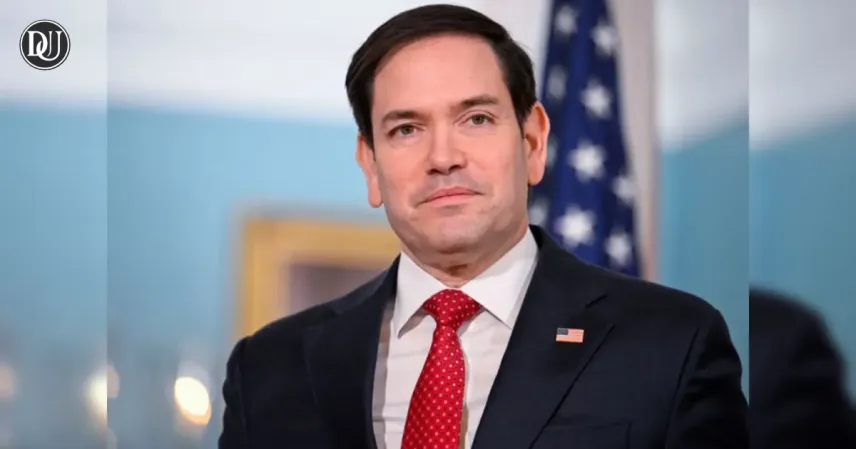Something major is happening inside the U.S. State Department. Marco Rubio, now serving as Secretary of State, has rolled out a bold plan to completely restructure how the department works. That means fewer employees at home, merging dozens of offices overseas, and a stronger push to keep everything more “efficient.”
But behind the government speak, real people are feeling real uncertainty.
Real Jobs, Real Lives
This isn’t just about paperwork and policy. It’s about the people who’ve dedicated their careers to representing America overseas, building relationships, and protecting our image. Now, many of them are facing tough questions: Will I lose my job? Will the work I’ve done still matter?
It’s hard to put in years of effort only to wonder if your role still fits into the new vision.
What This Means for the World
By combining so many international offices and cutting back on smaller programs, the U.S. might be changing how the world sees us. Offices that once focused on promoting human rights and democracy may now be rolled into broader, more general departments. That could send a message that we’re stepping back from some of the values we’ve stood for.
Allies could feel the shift. And so might those who’ve always looked to the U.S. for support and inspiration.
Efficiency vs. Empathy
Rubio’s goal is to cut down the red tape and make the department work faster and smarter. But here’s the thing: streamlining isn’t just about numbers and flowcharts. It’s about people, passion, and purpose.
Can you really make diplomacy more “efficient” without losing the heart of it? That’s the big question many are now asking.
What’s Next?
This change could either be a strong step forward—or it could hurt the very foundation of how the U.S. connects with the world. Only time will tell. But one thing’s for sure: the choices made today will shape how we’re seen tomorrow.
It’s a moment that calls for boldness, but also for care. Because in diplomacy, words matter—but so do the people who speak them.










